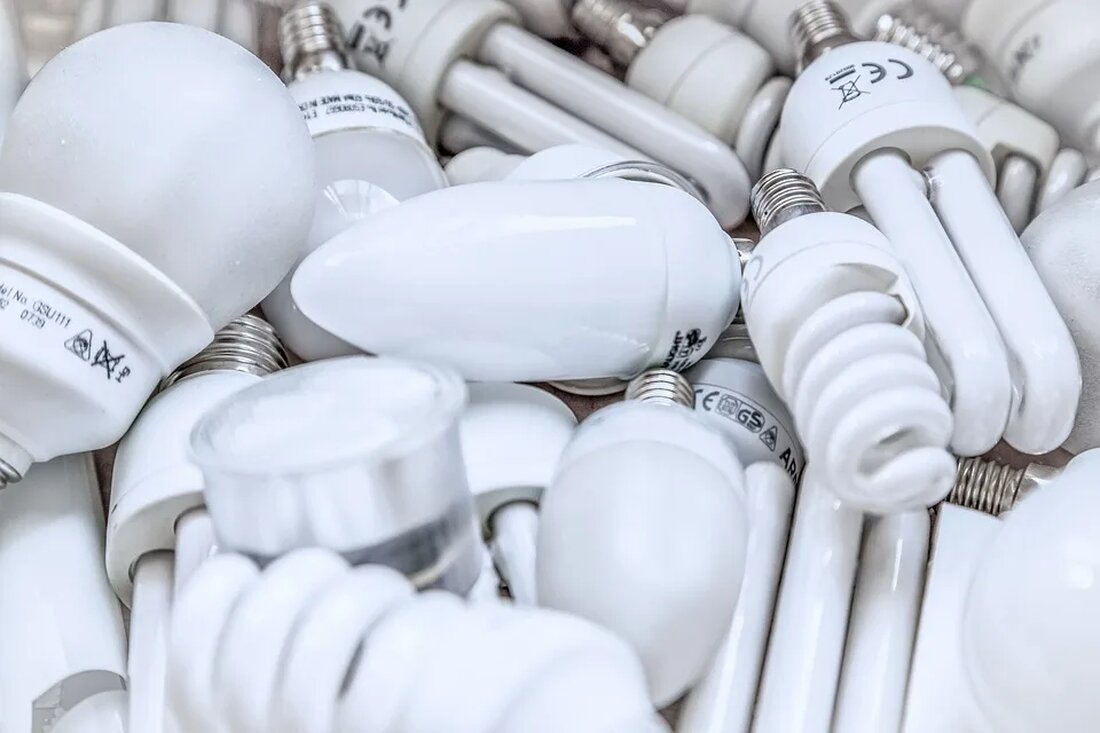Energy Saving Home Appliances: A Guide
Energy-saving household appliances are not just a good way to save money. They will also play an increasingly important role in our efforts to reduce energy consumption and combat climate change. In Germany, small and large household appliances make up a significant part of total energy consumption. By improving their energy efficiency we can achieve significant savings. This guide provides a comprehensive overview of energy-saving home appliances, including what types of devices are available, how to identify and choose them, and their benefits. Importance of energy-saving household appliances Overview of energy consumption in the household In an average German household, household appliances such as...

Energy Saving Home Appliances: A Guide
Energy-saving household appliances are not just a good way to save money. They will also play an increasingly important role in our efforts to reduce energy consumption and combat climate change. In Germany, small and large household appliances make up a significant part of total energy consumption. By improving their energy efficiency we can achieve significant savings. This guide provides a comprehensive overview of energy-saving home appliances, including what types of devices are available, how to identify and choose them, and their benefits.
Importance of energy-saving household appliances
Overview of household energy consumption
In an average German household, household appliances such as refrigerators, washing machines, dryers and dishwashers account for a significant proportion of energy consumption. But other devices such as televisions, computers or consumer electronics devices also contribute. Your energy requirements can vary greatly depending on the type and use of the devices.
Impact on the environment and your wallet
Using energy-saving household appliances has positive effects on both the environment and your wallet. Lower energy consumption reduces CO2 emissions - an important step in the fight against climate change. In addition, less energy consumption also means lower energy costs. Buying an energy-efficient device can be a worthwhile investment in the long term.
The types of energy-saving household appliances
There are a variety of household appliances that are available as energy-saving versions. The most common include:
Refrigerators and freezers
Refrigerators and freezers can be found in almost every household and run around the clock. However, Energy Star certified models can use significantly less energy than older or less efficient appliances.
Washing machines and dryers
Washing machines and dryers can also use enormous amounts of energy, especially if they are used frequently. Here, energy-efficient models offer a significant reduction in energy consumption.
Dishwasher
An energy-efficient dishwasher can significantly reduce water and energy consumption. They are often used when fully loaded, which helps further increase efficiency.
Electronic devices
Devices such as televisions, computers and consumer electronics can also require significant energy. Although they each have a lower demand than, for example, a washing machine, their contribution to the overall energy requirement can be significant due to their high usage.
How to choose energy-saving home appliances?
The energy label
In the European Union it is mandatory to affix an energy label to household appliances. The label provides information about the energy consumption of the device and other important parameters. It ranges from class A (very efficient) to class G (less efficient). The following applies: the closer the device is to class A, the more energy efficient.
The annual energy consumption
In addition to the energy label, annual energy consumption is also an important key figure. It provides information about how much energy the device is expected to consume in a year, based on average usage. This value can help to compare different devices with each other.
Other factors
In addition to pure energy consumption, other factors also play a role when choosing an energy-saving household appliance. These include, among other things, the size of the device, the number of people in the household and the type of use.
Conclusion
Energy-saving household appliances are an important building block on the way to a more sustainable lifestyle. They not only help save energy and therefore costs, but also help reduce CO2 emissions. It doesn't matter whether it's large appliances like refrigerators and washing machines or smaller appliances like televisions and computers - every step counts. The key is to consciously select and use these devices. This means that we as consumers have the power to make a small contribution to the fight against climate change.

 Suche
Suche
 Mein Konto
Mein Konto
